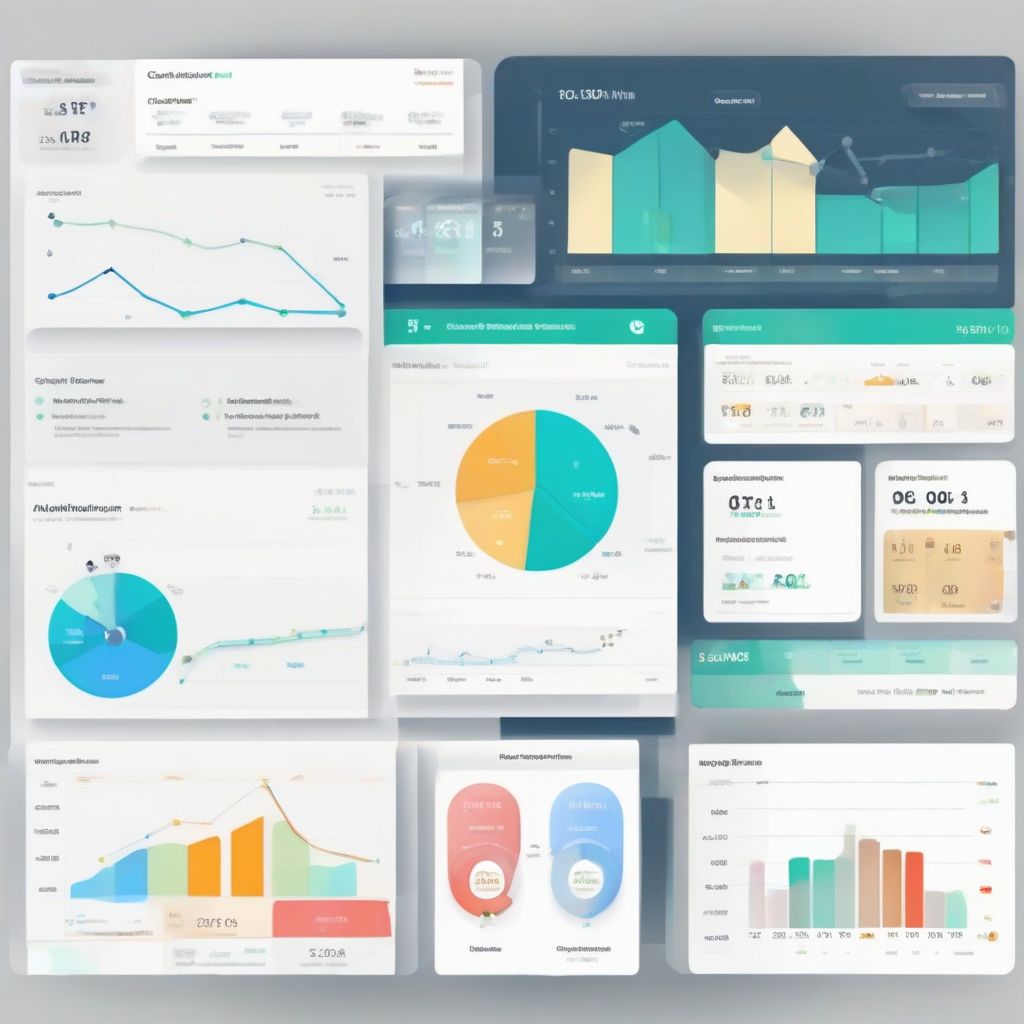In today’s competitive financial landscape, providing exceptional customer experiences is paramount to success. This is where Financial Services Crm comes in. But what exactly is it, and why is it so crucial for your business?
Understanding Financial Services Crm
CRM, or Customer Relationship Management, is a system for managing interactions with current and potential customers. Financial Services CRM tailors this concept specifically to the needs of banks, insurance companies, wealth management firms, and other financial institutions.
Imagine a centralized hub containing a 360-degree view of each client – their contact information, interaction history, financial goals, and even their preferences. That’s the power of a Financial Services CRM.
The Importance of CRM in Financial Services
Increased Customer Retention: By understanding client needs and preferences, you can tailor services and offer proactive advice, fostering loyalty.
Enhanced Sales and Revenue: Identify upselling and cross-selling opportunities by analyzing customer data and predicting future needs.
Improved Productivity and Efficiency: Automate routine tasks, streamline workflows, and empower employees with the information they need, when they need it.
Better Compliance and Risk Management: Maintain accurate records, track interactions, and ensure adherence to industry regulations with robust reporting and audit trails.
 Financial Advisor Meeting
Financial Advisor Meeting
Key Features of Financial Services Crm
Client Management: Centralize client data, track interactions, and manage relationships effectively.
Opportunity Management: Track leads, manage sales pipelines, and close deals faster with automated processes.
Marketing Automation: Create targeted campaigns, nurture leads, and improve conversion rates with personalized messaging.
Reporting and Analytics: Gain valuable insights into customer behavior, track key performance indicators (KPIs), and make data-driven decisions.
Compliance and Security: Ensure data security, meet regulatory requirements, and mitigate risks with robust compliance features.
Frequently Asked Questions about Financial Services Crm
Q: How does a Financial Services CRM differ from a generic CRM?
A: Financial Services CRMs offer industry-specific features such as portfolio management, regulatory compliance tools, and integrations with financial data feeds.
Q: What are the benefits of cloud-based CRM for financial institutions?
A: Cloud-based solutions offer scalability, affordability, accessibility, and automatic updates, making them ideal for financial institutions of all sizes.
Q: How do I choose the right Financial Services CRM for my business?
A: Consider factors like your business size, specific needs, budget, and integration requirements. Research different vendors and request demos to find the best fit.
Conclusion
In today’s fast-paced and competitive financial services industry, embracing a robust Financial Services CRM is no longer a luxury, but a necessity. By leveraging the power of technology to deepen customer relationships, streamline operations, and drive growth, you can position your business for lasting success.


